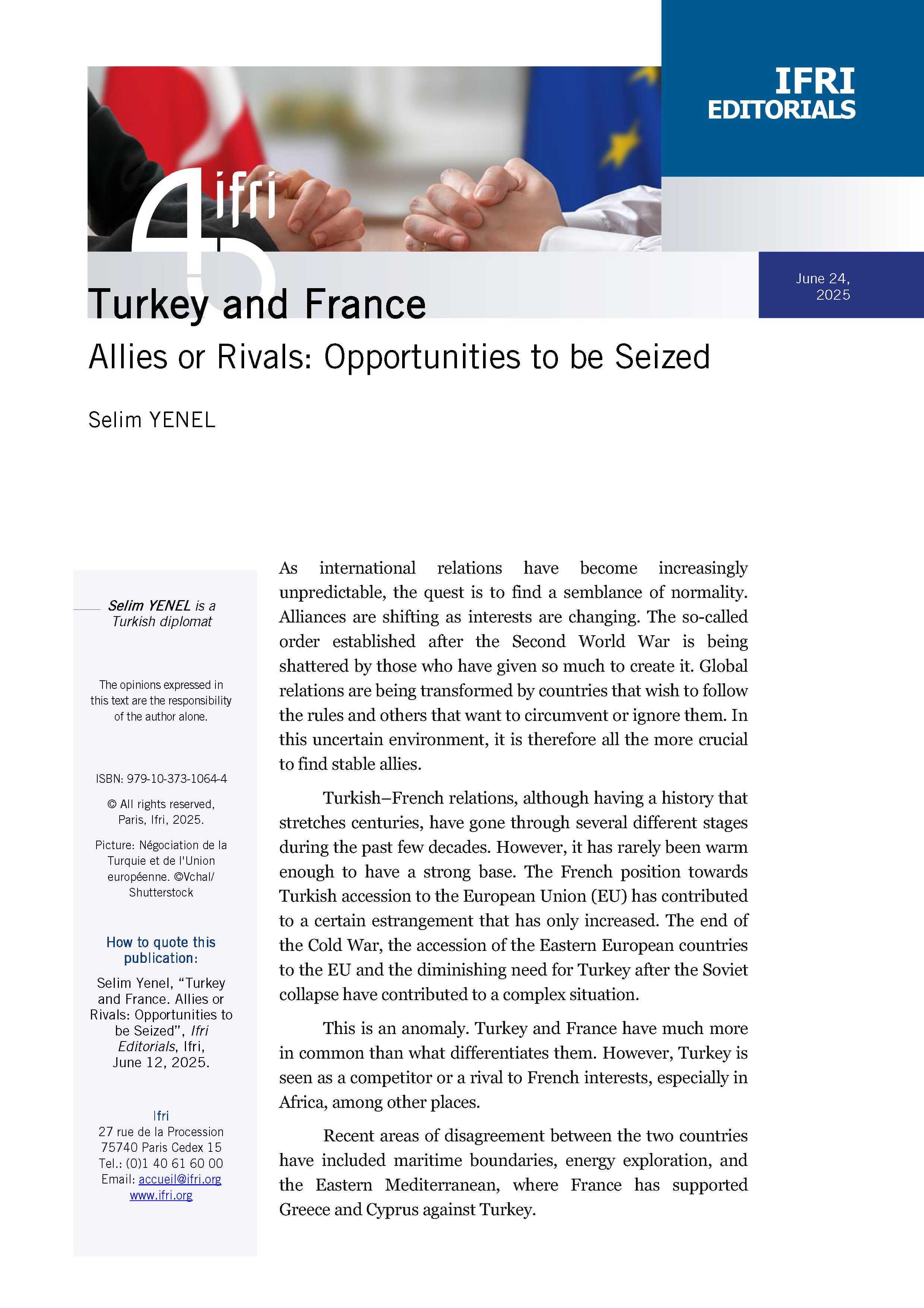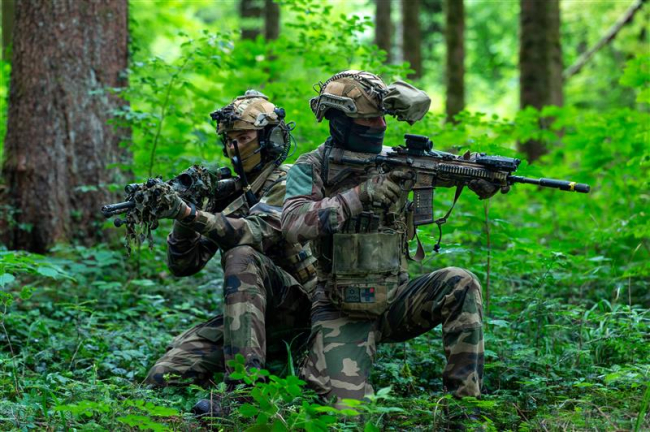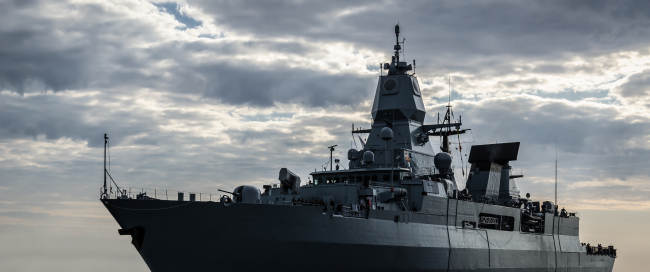Les bases de la puissance. Enjeux géopolitiques et stratégiques des bases militaires avancées

Throughout history, great powers have relied upon forward military bases, either to support their interventions in areas of interest, to re-assure allies or to control a territory.

Because of their key role in force projection, forward bases have also become priority targets for adversaries. Although intrusion and harassment by indirect fires have been the preferred operating modes employed by armed groups during the wars of Afghanistan, Iraq and Mali, future operational environment will be rigged by the rise of new offensive capabilities, especially in the field of indirect fires and deep strikes, both among non-state actors and emerging powers. These operational threats add to a geopolitical context leading to a more transactional relation with host countries, thus fragilizing the diplomatic seating of some forward bases abroad. Taken together, these trends call for adapting forward presence networks, both in terms of protection (active defense, alternate operational options) and strategic posturing.
This content is only available in French: Les bases de la puissance. Enjeux géopolitiques et stratégiques des bases militaires avancées.
Related centers and programs
Discover our other research centers and programsFind out more
Discover all our analysesHow should Britain and France cooperate to realise the Northwood Declaration?
During his state visit to the United Kingdom (UK) last week, Emmanuel Macron, President of France, signed a joint declaration with Sir Keir Starmer, Prime Minister, on nuclear cooperation between Britain and France. The Northwood Declaration highlights that while both countries’ nuclear arsenals remain sovereign, cooperation on nuclear deterrence can ‘contribute significantly’ to the security of the North Atlantic Treaty Organisation (NATO) and the Euro-Atlantic region.
The Evolving Role of Nuclear Rhetoric in Iran’s Strategic Calculus
How has the Iranian strategic discourse about nuclear weapons and deterrence evolved?
Design, Destroy, Dominate. The Mass Drone Warfare as a Potential Military Revolution
The widespread use of drones observed in Ukraine—both in terms of the scale of the fleets deployed and their omnipresence in the operations of both belligerents—appears to meet the conditions of a genuine military revolution.
The Hunt for Economic Security: The Role of Navies in Deterring Threats to the Maritime Economy
The maritime domain is currently faced with a wide variety of threats, such as climate change, economic warfare, shadow fleet operations, protection of critical infrastructures, and illicit activities ranging from illegal fishing to piracy. Navies suffer from inherent limitations when deterring threats to the global maritime economy: their global presence and permanence limits their credibility in terms of deterrence, their focus usually set on immediate deterrence, implementing deterrence by punishment in and from the naval domain is difficult and costly.













